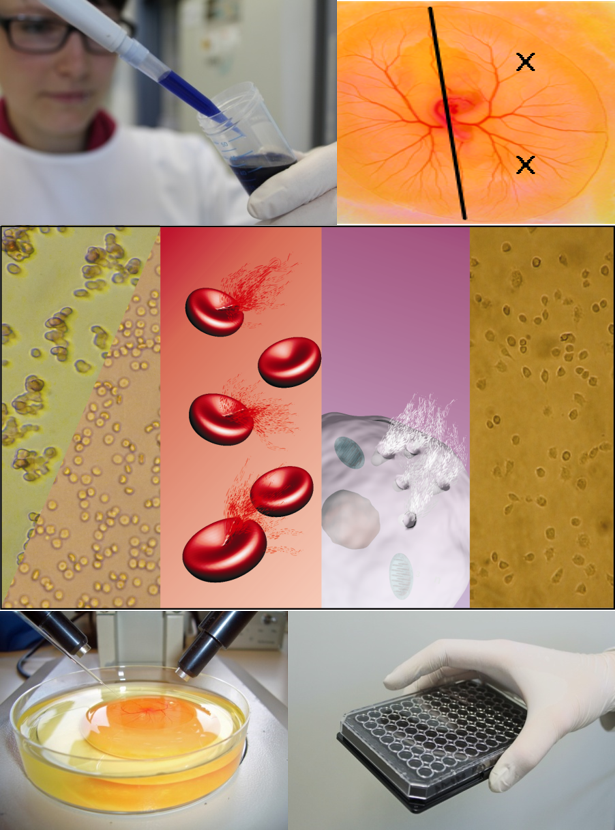NanoBEL – Biological Elimination of Complex Diagnostic Nanoparticles

Nanotechnology is one of the key technologies of the 21st century that developed from a basic research to a worldwide important discipline in the last years with an enormous importance in life sciences and medicine. Magnetic nanoparticles play an important role in diagnostic imaging for prevention, therapeutic monitoring and therapy.
Whereas the toxicological effects of acute nanoparticle expositions were widely described in the last years, long-term risks depending on the structure of the nanomaterials and the disease state of the patients have not been systematically investigated.
NanoBEL is focused on the risk assessment of the long-term effects of magnetic nanoparticle exposition particularly after repeated administrations, as well as the role of degradation and elimination in the life-cycle of the nanoparticles in diseases like cancer and inflammation. Innovative magnetic nanoparticle formulations with a high relevance for future diagnostic applications are taken into consideration. Beside the development and optimization of magnetic nanoparticles,
NanoBEL contributes to the development and validation of new alternatives to animal-based methods (cell cultures, hen’s egg models) to be applied in an integrated safety assessment of the long-term administration of nanoparticles. In close collaboration with DaNa2.0, the systematic collection of the data in a data base accomplish the categorization of nanomaterials, the identification of relevant endpoints, and the risk management.